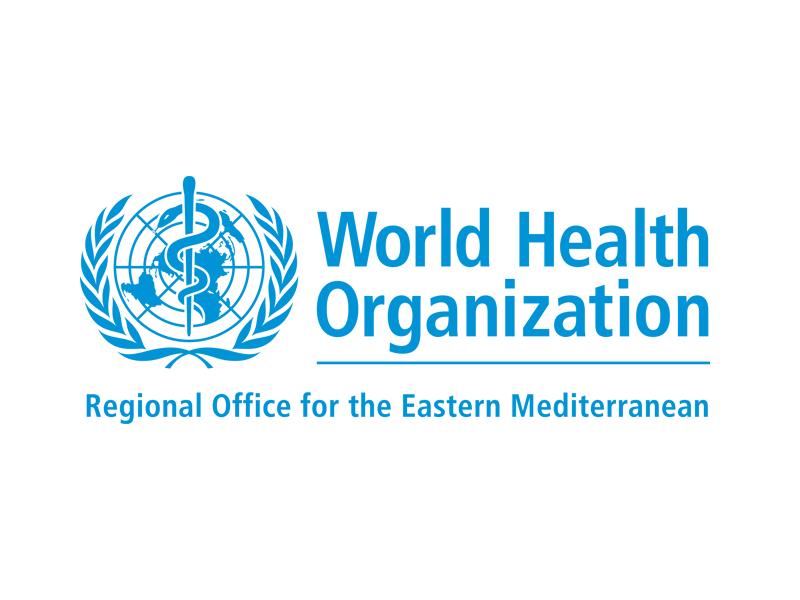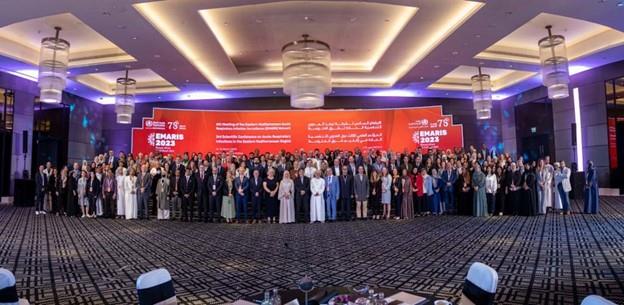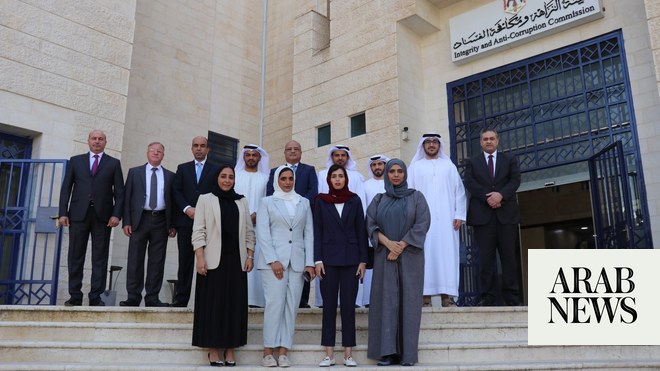
13 March 2023, Muscat – The third Scientific Conference on Acute Respiratory Infections in the Eastern Mediterranean Region and Sixth meeting of the Eastern Mediterranean Acute Respiratory Infection Surveillance (EMARIS) network, organized by WHO together with partner organizations, and hosted by the Ministry of Health in Oman, is taking place this week in Muscat, from 13 to 15 March.
The theme of this years conference, "Better preparedness, early detection and rapid response for respiratory diseases,” reflects the recommendations from the previous EMARIS meeting and scientific conference for Member States, WHO and partners to strengthen their pandemic influenza preparedness plans.
Three days of intense discussions among more than 200 speakers and participants of ministries of health, regional and global experts, including WHO and the United States Centers for Disease Control and Prevention (CDC), will shape pandemic influenza preparedness plans in the Region.
Commending the strenuous efforts of the EMARIS network in recent years, especially during the COVID-19 pandemic, Dr Ahmed Al-Mandhari, WHO Regional Director for the Eastern Mediterranean, said during his inaugural speech that this year’s EMARIS Conference took place at a critical time as the Region was facing multiple large-scale emergencies caused by conflict, major natural disasters, food insecurity and numerous disease outbreaks.
He stressed the importance of constantly strengthening disease surveillance and early warning systems for the early detection of respiratory disease outbreaks, especially in complex emergencies such as those faced by several countries in the Region. Applauding the efforts of WHO’s Regional Office, partners and workers in the field of surveillance and early detection, Dr Mike Ryan, Executive Director of the WHO Health Emergencies Programme, said that EMARIS 2023 was a true reflection of the regional Vision 2023, at the core of which was the need for early preparedness, especially amid a context of evolving emergencies.
During his opening remarks, H.E. Dr Said Al Lamki, the Under Secretary for Health Affairs at the Ministry of Health of Oman, affirmed that the EMARIS 2023 conference and meeting was an opportunity to showcase unity against the persistent threat of respiratory viruses of epidemic and pandemic potential, leveraging lessons learned from the COVID-19 pandemic.
Dr Al Lamki highlighted some of the devastating setbacks that we had all experienced during the pandemic but said that the crisis had prompted us to invest more in prevention strategies and to be more vigilant about other respiratory viruses that could potentially cause pandemics.
Dr David E. Wentworth, Chief, Virology Surveillance and Diagnosis, Influenza Division, CDC, noted that, “The global response to severe acute respiratory syndrome coronavirus 2 (SARS-CoV-2) was unprecedented. It challenged us as a global network to quickly adapt to an emerging disease, flexibly leverage our existing capacities, and massively scale up what we have spent many years building and strengthening”. Dr E. Wentworth stressed that global influenza surveillance platforms had been fundamental to the COVID-19 response.
Dr Abdinasir Abubakar, Head of the Infectious Hazard Management Programme at the WHO Regional Office and acting WHO Representative in Lebanon, reiterated that WHO support to countries in preventing and controlling emerging and re-emerging infectious diseases had focused closely on enhancing surveillance for forecasting and early detection, characterizing diseases and ensuring a rapid response, as well as developing evidence-based strategies to prevent and manage infectious disease hazards.
Acute respiratory infections are one of the leading causes of illness and death in the Region and significantly impact regional health and economic development.
Influenza is the biggest cause of morbidity and mortality associated with acute respiratory infections across all countries in the Region, compared to other respiratory viruses, such as respiratory syncytial virus and Middle East respiratory syndrome coronavirus, which also required tracking and a rapid response due to their epidemic and pandemic potential.
Through collaborative efforts by WHO, Member States and partners, noticeable progress has been achieved in strengthening and enhancing health systems to prepare, prevent, detect and control emerging respiratory diseases across the Region.
WHO also continues to support the improvement of sentinel surveillance for severe acute respiratory infections (SARIs) and influenza-like illnesses (ILIs) in all countries in the Region; 21 of the 22 countries are currently implementing SARI and ILI surveillance with enhanced data collection and analysis attributes.
Last year, WHO developed a regional framework and operational plan to integrate surveillance systems for influenza, SARS-CoV-2 and other respiratory viruses with epidemic and pandemic potential. As a result, many countries in the Region were now implementing integrated surveillance of influenza and other respiratory diseases.
Additionally, countries across the Region are also now receiving WHO support to introduce and expand their national influenza vaccination policies and strengthen influenza vaccination programmes, guided by the 5-year (2022–2026) regional roadmap to increase utilization and uptake of the seasonal influenza vaccine.
Among the top regional priorities in humanitarian settings for 2023, WHO’s Regional Office is committed to strengthening country capacity to prevent, detect and respond to disease outbreaks, such as those caused by respiratory pathogens and other health emergencies, with a strong focus on research and generating evidence. Notes to editors
EMARIS is a network of national and international policy-makers, researchers and scientists, doctors and clinicians and other stakeholders in countries of the Region working together to strengthen and enhance influenza and other emerging respiratory disease surveillance and improve the use of surveillance data for developing control programmes and conducting research related to influenza and other respiratory viruses.
Meetings of the EMARIS network have been held regularly since 2011 to share best practices for surveillance of influenza and other respiratory viruses, track progress and draw important lessons on public health preparedness.
The Sixth Meeting of the Eastern Mediterranean Acute Respiratory Infection Surveillance (EMARIS) Network coincides with the Third Scientific Conference on Acute Respiratory Infections in the Eastern Mediterranean Region, which is a conference of experts on acute respiratory infection surveillance that aims to improve the quality of surveillance, data and data management, and policy in the field of acute respiratory infections.
The Third Scientific Conference on Acute Respiratory Infections in the Eastern Mediterranean Region is organized by the WHO Regional Office for the Eastern Mediterranean, in partnership with the Centers for Disease Control and Prevention. Related links
Eastern Mediterranean Acute Respiratory Infection Surveillance (EMARIS) Muscat, Oman 13–15 March 2023
WHO Global Influenza Strategy for 2019‒2030
For more information, please contact: Ministry of Health in Oman: +96899361477 / +96894140050 WHO’s country office in Oman: +96891451333 Regional Office for the Eastern Mediterranean: +201277492267








